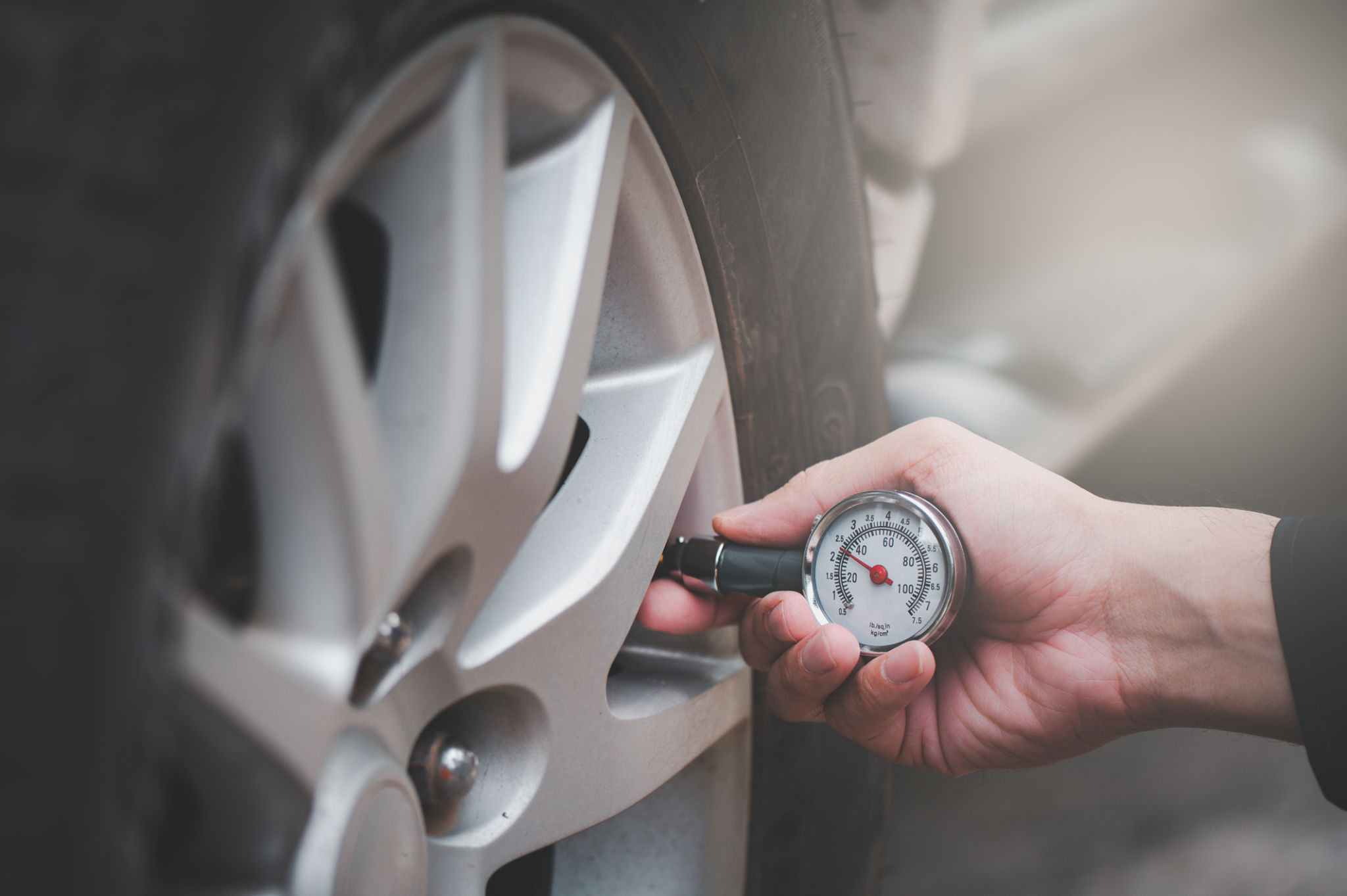Preparing Your Car for Winter: Essential Tire Maintenance Tips
Understanding the Importance of Winter Tire Maintenance
As the cold season approaches, ensuring that your car is ready to tackle the winter roads becomes a top priority. One of the most critical aspects of winter preparation is tire maintenance. Properly maintained tires not only improve your vehicle's performance but also enhance safety during harsh weather conditions. This guide will walk you through essential tire maintenance tips to keep you safe on icy and snowy roads.

Check Tire Tread Depth
The tread depth of your tires plays a significant role in maintaining traction on slippery surfaces. Before winter sets in, inspect your tire tread depth to ensure it's within a safe range. The legal minimum tread depth is typically 2/32 of an inch, but for snowy conditions, it's recommended to have at least 4/32 of an inch. You can use a tread depth gauge or the penny test to measure this. Insert a penny into the tire groove with Lincoln's head upside down; if you can see the top of his head, it's time for new tires.
Monitor Tire Pressure Regularly
Cold temperatures can cause tire pressure to drop, leading to reduced traction and increased wear. It's crucial to check your tire pressure at least once a month during winter. Refer to your vehicle's manual for the recommended pressure levels and adjust as necessary. Remember, under-inflated tires can decrease fuel efficiency and increase the risk of a blowout.

Consider Winter Tires
If you live in an area with heavy snowfall, investing in winter tires can be a wise decision. Winter tires are specially designed with deeper treads and softer rubber compounds to provide better grip in cold conditions. They can significantly improve your vehicle's handling and braking performance on icy roads.
- Improved traction on snow and ice
- Enhanced braking capabilities
- Better overall control and stability
Rotate Your Tires
Rotating your tires regularly helps to ensure even wear, prolonging their lifespan and maintaining optimal performance. It's generally recommended to rotate your tires every 5,000 to 7,000 miles. This can also help identify any alignment issues that might cause uneven wear.

Inspect for Damage and Wear
Regularly inspect your tires for visible signs of damage such as cracks, punctures, or bulges. These issues can become exacerbated in cold weather, leading to potential blowouts or other hazards. If you notice any irregularities, have them checked by a professional immediately. Maintaining your tires in good condition is essential for winter safety.
Keep Your Tires Clean
Snow, ice, and road salt can accumulate on your tires, leading to corrosion and damage over time. Cleaning your tires regularly helps remove these harmful substances, ensuring they remain in top condition. Use a gentle soap and water solution to wash away dirt and grime, and consider applying a protective tire dressing to repel moisture.
- Wash tires with soap and water
- Apply tire dressing for protection
- Regularly remove snow and ice buildup
By following these essential tire maintenance tips, you'll be better equipped to handle the challenges of winter driving. Proper tire care not only enhances safety but also ensures your vehicle performs efficiently throughout the season. Stay safe on the roads and enjoy the winter wonderland with peace of mind.